3/1/2002 - "Traditions: A Settling Storm"
For the title of his latest and most accessible recording, pianist D.D. JACKSON chose the title Sigame (Justin Time), which means "Follow me" in Spanish — but not because he fancies himself some sort of guru or visionary. He didn't intend it as a directive. "That would be presumptuous," he explains. "It's rather like, 'Follow along with me — or join me — on my musical journey."
That's one trip where you'd certainly benefit from a tour guide. In the dozen years since he received a bachelor's degree in classical music from Indiana University, the 34-year- old Jackson has charted a zigzag course that pretty much resists categorization, tacking this way and that to catch the changing winds that drive his musical development. Further armed with a master's in jazz from the Manhattan School of Music, and formal studies with two departed piano prophets, Jaki Byard and Don Pullen, he has worked with a wide array of jazz modernists, including David Murray and James Newton. But he's also aerated the thick harmonies that he favors, to accompany veteran vocalist Jimmy Scott. On another album released in 2001, The Calling (Justin Time), Jackson plays various keyboards in a cooperatively led, AFrocentric trio comprising baritone saxist Hamiet Bluiett and percussionist Kahil El'Zabar. Meanwhile, he has taken on composition projects ranging from an opera — commissioned by the Guelph Festival in his native Canada — to "Mytholojazz", in which the Greek myth of Orpheus is recast in jazz, words, and movement. He's also made waves with clearly stated, politically heedless comments about the music business, publishing articles that explained his objections to Lincoln Center's programming and, most recently, his negative experience working with a major label (based on the two albums he recorded for BMG, a solo disc called ...so far and the vivid ensemble date Anthem.
Now comes Sigame, a welcome return to the artistic independence promised by smaller labels — and the first disc on which Jackson consciously incorporates Latin beats and influences. Of course, he's put his own spin on even this tried-and-true aspect of the jazz spectrum. The title song, featuring guitar, violin, and hand drums, bears the distinctive stamp of a Cuban danzon, but beyond that track, you rarely get anything as simple or straightforward as mambo beats or montuno structures. Most often, the rhythms percolate beneath and around the jazz pulse. "For me," Jackson explains, "there's nothing worse than sounding deliberately imitative of something that's already been done. I want to get inside a stylistic area of exploration before I really address it so that I can confidently make it my own — so I can depart from it in my explorations."
That process presupposes a high comfort level with the material, and Jackson gives much of the credit for that to New York's latest percussion sensation, 26-year-old Cuban drummer Dafnis Prieto: "I think he's the key. He's been in the city maybe two years now, and he was immediately snatched up by people like Henry Threadgill and Andrew Hill. He really brings in the spirit of Cuban rhythms, but from a personal perspective that shows a real awareness of the jazz tradition as well."
Jackson himself has applied a similar philosophy, adapting Pullen's clustered chords and angular melodies to his own style, which is at once sweeping, detailed, and rhythmically intrepid. Listeners will certainly hear these things on Sigame, but the album also represents his most lyrical work to date, with echoes of Keith Jarrett and Chick Corea and even the bluesy, strongly swinging bop lines of fellow Canadian Oscar Peterson — Jackson's first jazz influence.
“Well,”, he explains, “with each album I try to go in a different direction. Maybe now I’m not in such a hurry to explore so many ideas on every tune. You realize that you want to find different avenues of expression. For me it’s about balance. I think
Neil Tesser, Jazziz Magazine, March/02
